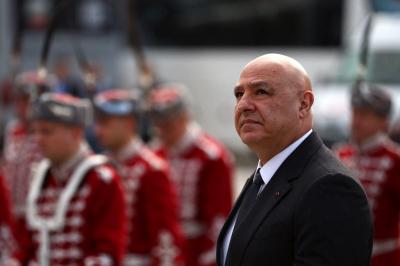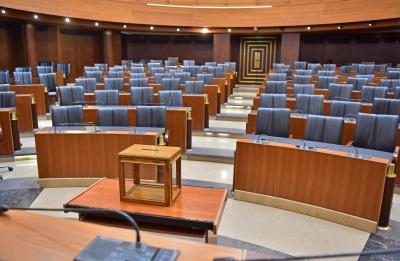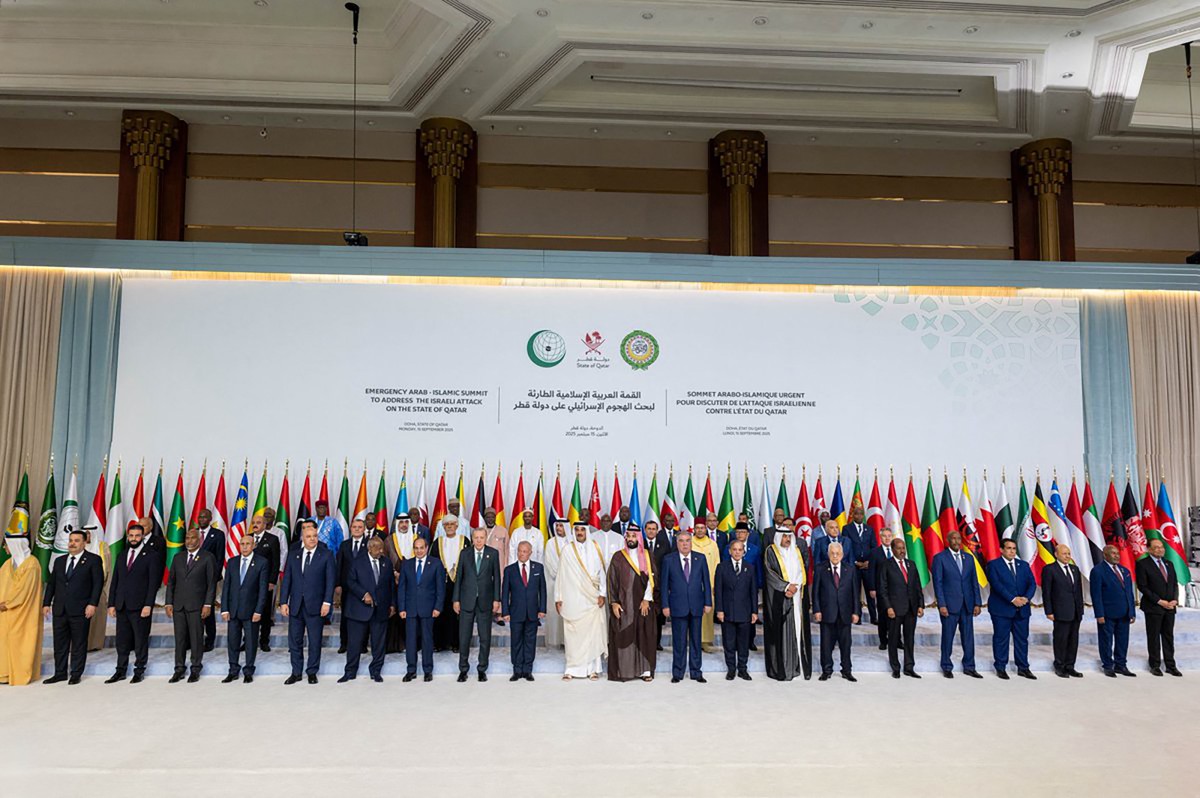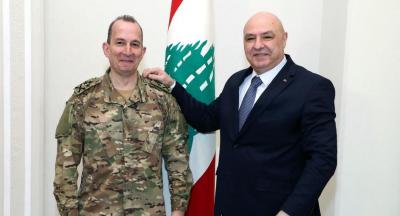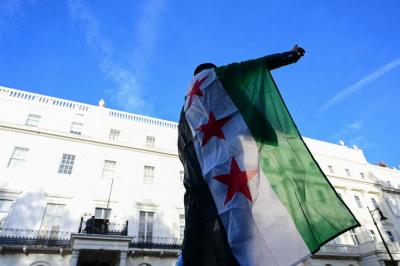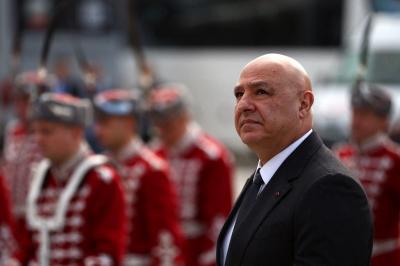Since the first Arab League summit in Anshas, Egypt, in 1946—attended by the seven founding members (Egypt, Jordan, Saudi Arabia, Yemen, Iraq, Lebanon, and Syria)—thirty-four summits have been held. That inaugural gathering did not issue a final communiqué but rather resolutions, chief among them: declaring Palestine the core of the Arab cause; warning against Zionism as a threat not only to Palestine but to all Arab and Islamic states; calling for a total halt to Jewish immigration and the prevention of land sales to Zionists; working toward Palestinian independence; considering any aggressive policies by the United States or Britain against Palestine as hostility toward all Arab League states; and pledging both financial and logistical support to the Palestinians.
Every summit since—thirty-three in total—has placed Palestine at its core, with all other issues trailing behind. Yet, the declarations that emerged were steeped in rhetoric, rarely followed by tangible action. As one observer famously quipped: the Arab leaders “agreed not to agree.”
The harshest critique, however, came from Syrian poet and diplomat Omar Abu Risha, dubbed the “tribal bard.” After the 1969 Rabat summit—convened in the aftermath of the Al-Aqsa Mosque fire and attended by fourteen Arab states—he delivered his searing poem “Daughters of the Poet” at a Beirut UNESCO ceremony. His verses distilled the Arab condition:
“When addressed, they lie; when asked, they rage.
When fought, they flee; when befriended, they betray.
They feared that shame might be erased—so they held a summit in Rabat to preserve it.
On their couches, blessed be their Creator,
They lived without awareness, died without burial.”
This image—of pomp without substance—has endured across both Arab and Islamic summits.
The recent Doha summit seemed briefly different, spurred by Israel’s unprecedented strike on the Qatari capital—an affront to sovereignty and to Doha’s carefully cultivated role as a neutral mediator. But the outcome remained the same: lofty statements, no concrete action. Israel’s ongoing aggressions in Gaza, Lebanon, and Yemen continue unabated, with American indulgence, despite Washington’s massive military base on Qatari soil.
Qatar’s Emir Sheikh Tamim bin Hamad Al Thani did issue a stark warning: Israel, he said, is working to destabilize Lebanon and push it toward civil war. He accused Prime Minister Benjamin Netanyahu of “dreaming” of transforming the Arab region into an Israeli sphere of influence.
The timing of Israel’s escalations reinforces this claim. Last Thursday’s devastating airstrikes on southern Lebanon, accompanied by maps and evacuation warnings, mocked Lebanon’s recent efforts to assert state control over arms, including its army’s widely applauded disarmament plan. Why escalate just as the Lebanese Army was preparing its first official progress report? Why target Lebanon on the anniversary of Hezbollah leaders Hassan Nasrallah and Hashem Safieddine’s assassinations, as the group prepared to commemorate them? Was it to sour the mourning of Hezbollah’s constituency?
And why strike on the eve of Morgan Ortagus’s visit to Lebanon, where she was to attend the Naqoura ceasefire committee meeting, chaired by an American general—an institution already dismissed as toothless? Was it Israel’s way of reminding the world who truly calls the shots in the Arab region?
All this points to a deliberate strategy of destabilization, designed to drag Lebanon into civil war while ensuring Israel remains untouchable and oil supplies remain accessible to the United States.
Yet history poses a question: can such grand strategies succeed if the people themselves reject them? Will the Lebanese unite around a common word, resisting external manipulation and abandoning the politics of arrogance, dependence, and petty triumphalism?
The parable is simple. A snake attacked a group of boys. Most fled, but two stayed behind, killed it, and left. The others returned later, dragging the dead snake through the village, parading themselves as “heroes.”
Today, the Arab world is full of such “heroes.”
Please post your comments on:
[email protected]
 Politics
Politics



